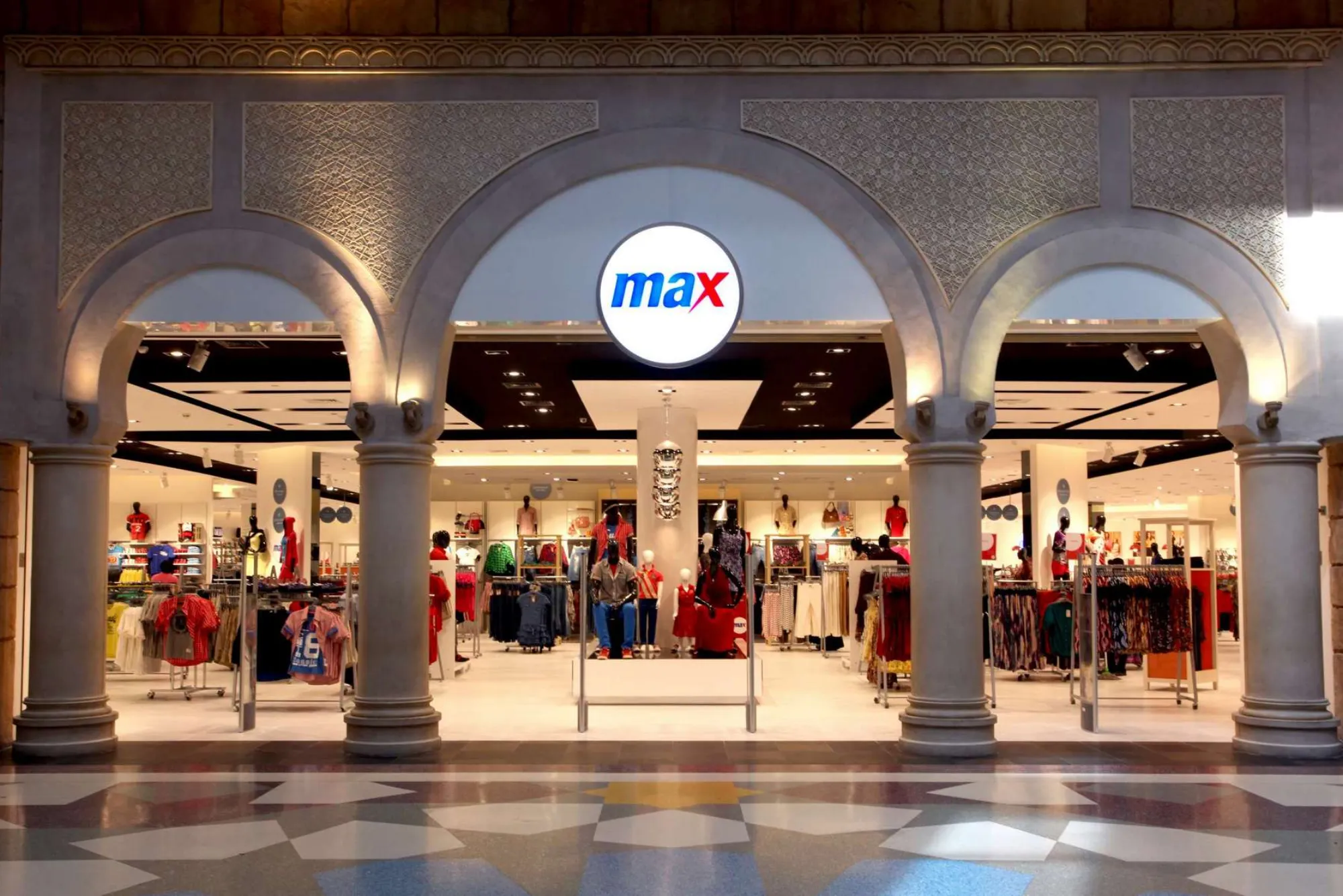Introduction
The world of cryptocurrency has revolutionized finance, offering opportunities for innovation, growth, and global transactions. However, where there’s money, scams inevitably follow. Recently, a disturbing trend has emerged — fake Facebook pages and ads impersonating the Cryptocurrency Certification Consortium (C4) to deceive users. This detailed guide will help you understand how these scams operate, how to spot them, and what actions to take if you’ve been targeted. With expert insights and practical safety measures, this article will empower you to stay safe in an increasingly deceptive digital landscape.
What Is the Cryptocurrency Certification Consortium (C4)?
Before diving into the scams, it’s important to understand the real Cryptocurrency Certification Consortium Facebook presence — or rather, the lack of an official one. The Cryptocurrency Certification Consortium (C4) is a legitimate, well-established organization that provides professional certifications for blockchain and cryptocurrency professionals. Its programs, including Certified Bitcoin Professional (CBP) and Certified Ethereum Professional (CEP), are designed to raise standards in the crypto industry through education and credentialing.
However, scammers have exploited the organization’s credibility by creating fraudulent Facebook profiles and ads claiming affiliation with C4. These pages often use the same logos, branding, and terminology to trick users into revealing sensitive information or making payments for fake certifications.
How the Cryptocurrency Certification Consortium Facebook Scam Works
The Cryptocurrency Certification Consortium Facebook scam is sophisticated, using psychological manipulation, social engineering, and digital advertising to lure victims. Here’s how these scams usually unfold:
Fake Facebook Pages and Ads
Scammers set up Facebook pages mimicking the official C4 brand, complete with the logo and mission statements. They run paid ads promoting “exclusive certification offers” or “limited-time crypto education courses.” Unsuspecting users who click on these ads are redirected to phishing sites.
Phishing Websites
These fraudulent websites look identical to C4’s legitimate site. Victims are asked to fill out forms with their personal information, pay certification fees in cryptocurrency, or share wallet details for “course verification.”
Impersonation and Identity Theft
In some cases, scammers impersonate C4 representatives or trainers on Facebook Messenger. They might offer “special training sessions,” “discounts,” or “affiliate programs,” requesting advance payments or personal information.
Investment or Airdrop Scams
Another variation involves fake “C4-certified investment groups” on Facebook. Scammers claim C4 sponsors cryptocurrency airdrops or investment opportunities, urging users to send small crypto deposits for “verification.” Once the payment is made, the scammers vanish.
Warning Signs of a Cryptocurrency Certification Consortium Facebook Scam
Recognizing the red flags early can save you from financial and emotional distress. Be cautious if you notice any of these indicators:
-
The Facebook page is newly created or has limited followers.
-
Posts contain grammatical errors, exaggerated promises, or fake testimonials.
-
You are asked to send money in cryptocurrency before verification.
-
The URL redirects you to a suspicious domain instead of the official C4 website.
-
The messages come from personal accounts, not official business profiles.
-
There is pressure to act quickly to “secure your certification or offer.”
If you see these warning signs, do not engage or share any personal or financial details.
Expert Tips to Avoid the Cryptocurrency Certification Consortium Facebook Scam
Protecting yourself from social media scams requires awareness and proactive measures. Here are expert-backed tips to ensure your safety:
Verify Before You Trust
Always cross-check information from Facebook with official sources. Visit the Cryptocurrency Certification Consortium website directly and confirm any program or certification details there.
Be Skeptical of Social Media Ads
Legitimate organizations rarely conduct high-value certification sales via Facebook ads. If an offer seems too good to be true — it likely is.
Examine the URL Carefully
Fake sites often use domain names that closely resemble real ones (like “cryptocertifications.org” instead of “cryptoconsortium.org”). Always type the web address manually instead of clicking on ad links.
Look for HTTPS Security
Ensure the website has “https://” and a padlock icon in the browser bar. While not foolproof, it indicates a higher level of security.
Research the Organization’s Official Presence
Search for official social media accounts and compare posting frequency, tone, and follower count. Fake pages often have generic posts and irregular activity.
Avoid Sharing Wallet or Private Keys
Never share your wallet details, seed phrases, or passwords, even if the person appears to represent a credible organization. C4 does not request such information.
Report Scams Promptly
If you spot or experience fraudulent activity, report the page or ad to Facebook. You can also file a complaint with local cybercrime authorities or the FTC (if in the U.S.).
What to Do If You’ve Been Scammed
If you’ve already interacted with a fake Cryptocurrency Certification Consortium Facebook page, don’t panic — act swiftly and strategically.
-
Stop all communication immediately. Block the scammers and do not send additional funds.
-
Change passwords to your Facebook, email, and crypto accounts immediately.
-
Report the scam to Facebook and include screenshots of messages, profiles, and transaction details.
-
Notify your wallet provider and check for unauthorized transactions.
-
Monitor your crypto assets using blockchain explorers or security tools.
-
Educate others — share your experience to prevent others from falling victim.
Why Facebook Scams Are Increasing in the Crypto Space
The surge in crypto-related scams on social platforms stems from several factors. Facebook’s vast user base provides an ideal hunting ground for cybercriminals. Moreover, the decentralized nature of cryptocurrency makes it difficult to trace or recover stolen assets.
Many new crypto enthusiasts rely heavily on social media for education and networking, making them vulnerable to misinformation and fraud. With the popularity of Web3 and decentralized finance, scammers are getting more creative — using convincing branding, testimonials, and even AI-generated images to make their schemes believable.
Legal Implications and Reporting Procedures
Facebook scams targeting crypto investors are not just unethical — they’re illegal. Depending on jurisdiction, perpetrators can face charges related to fraud, identity theft, or money laundering. Victims can report scams to:
-
Facebook Help Center: Use the “Report Page” option.
-
Cybercrime Units: Contact your local authorities or the FBI’s Internet Crime Complaint Center (IC3).
-
Consumer Protection Agencies: Report fraudulent activity for further investigation.
-
C4 Official Channels: Notify the real C4 through their official website to help them take corrective action.
How the Real C4 Differs from Fake Ones
The legitimate Cryptocurrency Certification Consortium Facebook Scam never uses personal social media messages to promote its programs. It does not offer discounts or certifications in exchange for cryptocurrency payments. All communications are handled through verified domains and professional emails.
Furthermore, C4’s focus is purely educational — to create professional standards and certification pathways for blockchain experts, not to sell tokens or promote investments. If any entity claiming to be affiliated with C4 offers investment opportunities, it’s a scam.
Staying Safe in the Crypto Education Space
The crypto industry thrives on trust, innovation, and transparency. Unfortunately, scams like these erode confidence and discourage newcomers. To build your knowledge safely, use verified platforms such as Read more on www.coindesk.com for accurate, up-to-date crypto news and guidance. Always rely on reputable educational organizations with traceable credentials and partnerships.
Stay Alert and Informed
The Cryptocurrency Certification Consortium Facebook scam highlights the growing sophistication of online fraud in the crypto space. While blockchain technology represents transparency and decentralization, human greed and deception remain age-old challenges. Staying informed is your best defense. Always verify information from official sources and trust your instincts — if something feels off, it probably is.
Protect your digital identity, secure your assets, and spread awareness to others in your community. To learn more about real certification opportunities and reliable crypto education, visit the official Cryptocurrency Certification Consortium resource page today.
FAQs
What is the Cryptocurrency Certification Consortium Facebook scam?
It’s a fraudulent scheme using fake Facebook pages and ads to impersonate C4 and steal user data or cryptocurrency through phishing or fake certification offers.
How can I check if a C4 Facebook page is real?
Visit the official website of the Cryptocurrency Certification Consortium and look for links to its verified social media profiles. Avoid any that demand crypto payments or promote discounts.
What should I do if I paid money to a fake page?
Immediately report the incident to Facebook and your local cybercrime authority. Change your passwords and notify your wallet provider to secure your funds.
Does C4 have an official Facebook page?
Currently, there’s no official C4 Facebook page for promotions or direct certification offers. All legitimate information is published on its official website.
How can I protect myself from crypto scams online?
Verify every source, use two-factor authentication, and never share private keys or passwords. Follow trusted news outlets like Read more on www.coindesk.com for updates.















